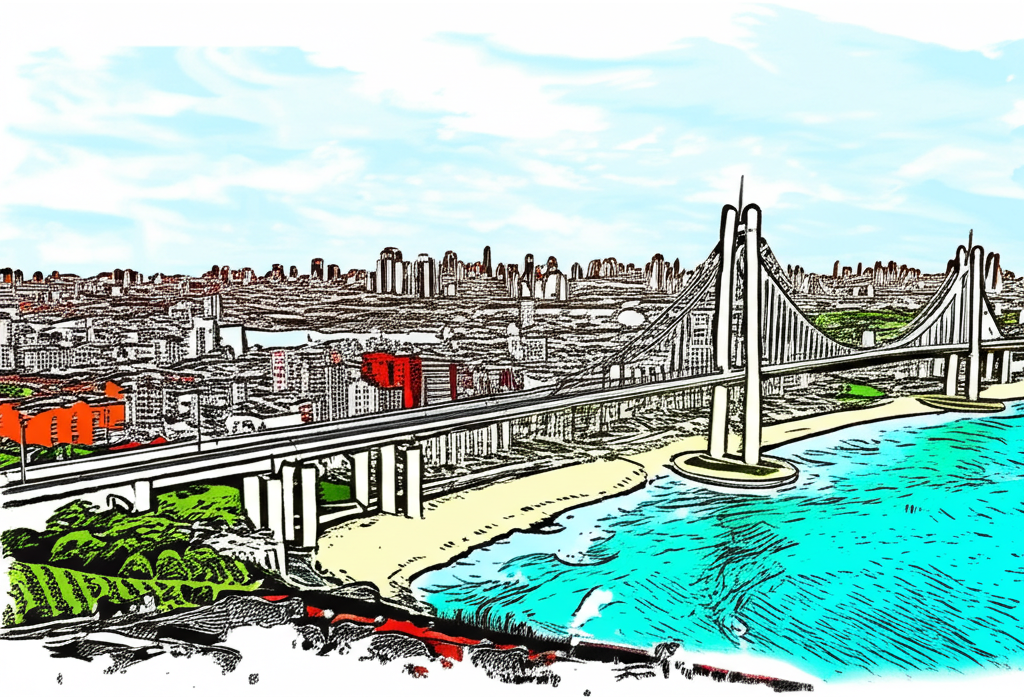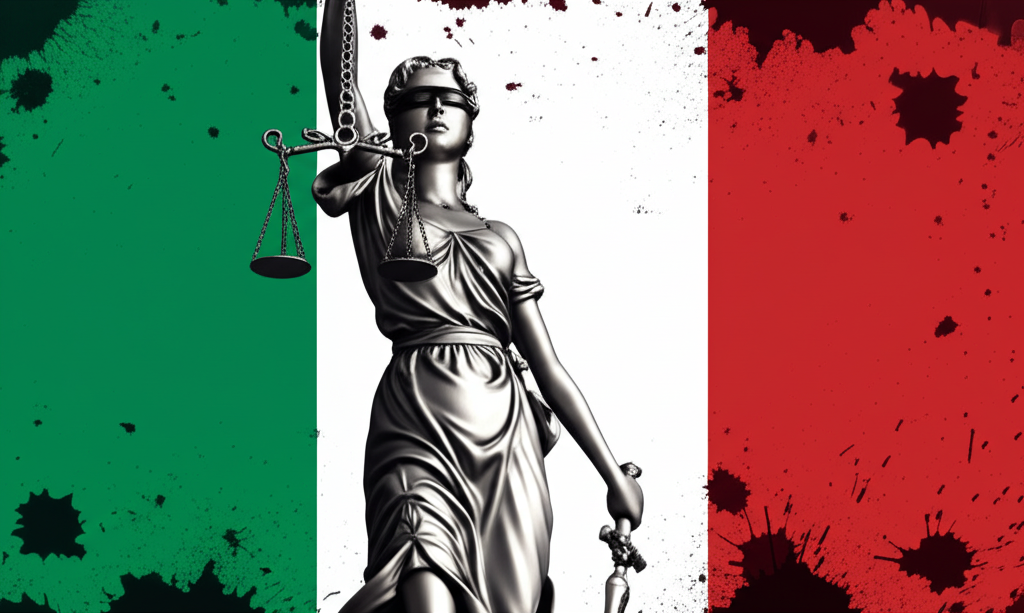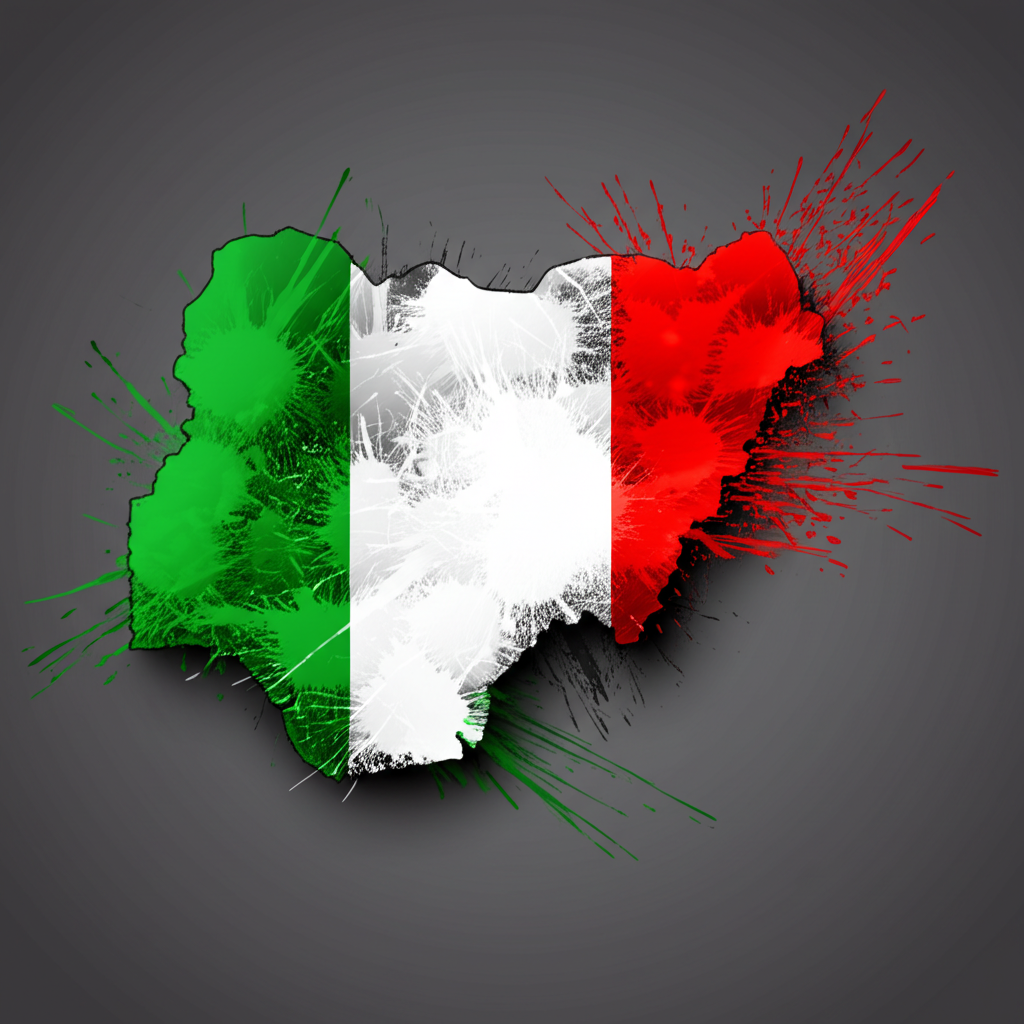The Ohanaeze Ndigbo, a prominent Igbo socio-cultural organization, is currently facing a deep internal crisis. Prince Richard Ozobu, a key figure within the group, has stated that the only way to resolve the ongoing disputes and factionalism is to strictly adhere to the organization’s constitution. This article delves into the heart of the matter, exploring the roots of the crisis and the potential paths to resolution. Here’s a quick rundown of what we’ll cover:
- The Core Issue: Why the Ohanaeze Ndigbo is facing internal disputes.
- Ozobu’s Warning: How the constitution is the key to ending the crisis.
- The Factions: Details on the different leadership groups.
- Failed Mediation: How attempts to resolve the matter fell apart.
- Constitutional Violations: What specific violations have occurred.
The Ohanaeze Ndigbo Crisis: A Deep Dive
The Ohanaeze Ndigbo is facing a significant internal crisis, with multiple factions vying for leadership and control. According to Prince Richard Ozobu, the current disarray stems from a blatant disregard for the organization’s constitution. Ozobu, recently appointed to head a faction’s national election committee, has voiced concerns that some individuals are actively subverting the constitution for their own benefit, further exacerbating the ongoing crisis.
Ozobu’s Stance: Constitution Is King
Speaking to reporters in Enugu, Ozobu emphasized that the organization’s problems will continue if the constitution is not respected. He highlighted the existence of two main factions: one led by Chief Chidi Ibe, with Okechukwu Isiguzoro as secretary general, and another involving Prof. George Obiozor (now deceased), Chief Emmanuel Iwuanyanwu, and Nze Ozichukwu Chukwu. Ozobu asserts that his faction adheres to the Ohanaeze Ndigbo constitution, unlike the opposing faction.
The Factions: A Battle for Leadership
The Ohanaeze Ndigbo’s current crisis involves several key figures. On one side, you have Chief Chidi Ibe, who leads a faction that claims to be the legitimate body. On the other side, the opposing faction includes the late Prof. George Obiozor, Chief Emmanuel Iwuanyanwu, and Nze Ozichukwu Chukwu. The conflict between these groups is not just a leadership squabble but has deep roots in constitutional breaches.
Failed Attempts at Resolution
In 2021, the governors of the Southeast attempted to mediate the conflict by asking both factions to submit to the Council of South-East Bishops. While Ozobu’s faction participated, the opposing faction refused, signaling their lack of interest in a peaceful resolution. The Council of Bishops later issued a report recommending the two factions come together for harmonization. However, this recommendation was ignored, resulting in a continued legal battle. It seems that the other faction is not interested in coming to a solution.
Constitutional Breaches: The Core of the Conflict
Ozobu outlined several instances where the constitution of Ohanaeze Ndigbo was violated. He mentioned the unilateral suspension of Hon. Uche Okwukwu, the then secretary-general, by Chief Nnia Nwodo, former president general of Ohanaeze Ndigbo. This action was taken without due process, violating the constitution, which stipulates that any expelled official must be replaced. According to the constitution, only the general assembly, comprising about 500 members, has the authority to suspend or remove an elected official. The faction led by the late Obiozor also proceeded with an election in Owerri, Imo State, against constitutional provisions. Moreover, the appointment of Iwuanyanwu as a replacement for Obiozor was made in violation of the constitution, which mandates elections for such a position.
The Future of Ohanaeze Ndigbo
Ozobu warns that the actions of the leaders are not only causing chaos but also disrespecting the founding fathers of the organisation. To restore order and credibility to Ohanaeze Ndigbo, a strict adherence to the constitution is required. Without this, the organization will continue to be plagued by infighting and a loss of respect. It remains to be seen whether both sides will agree to set aside their personal interests and work to uphold the rules that bind them together.
The question is now, will the conflicting parties come together and put an end to their infighting? Or will the constitutional violations continue? Only time will tell.




